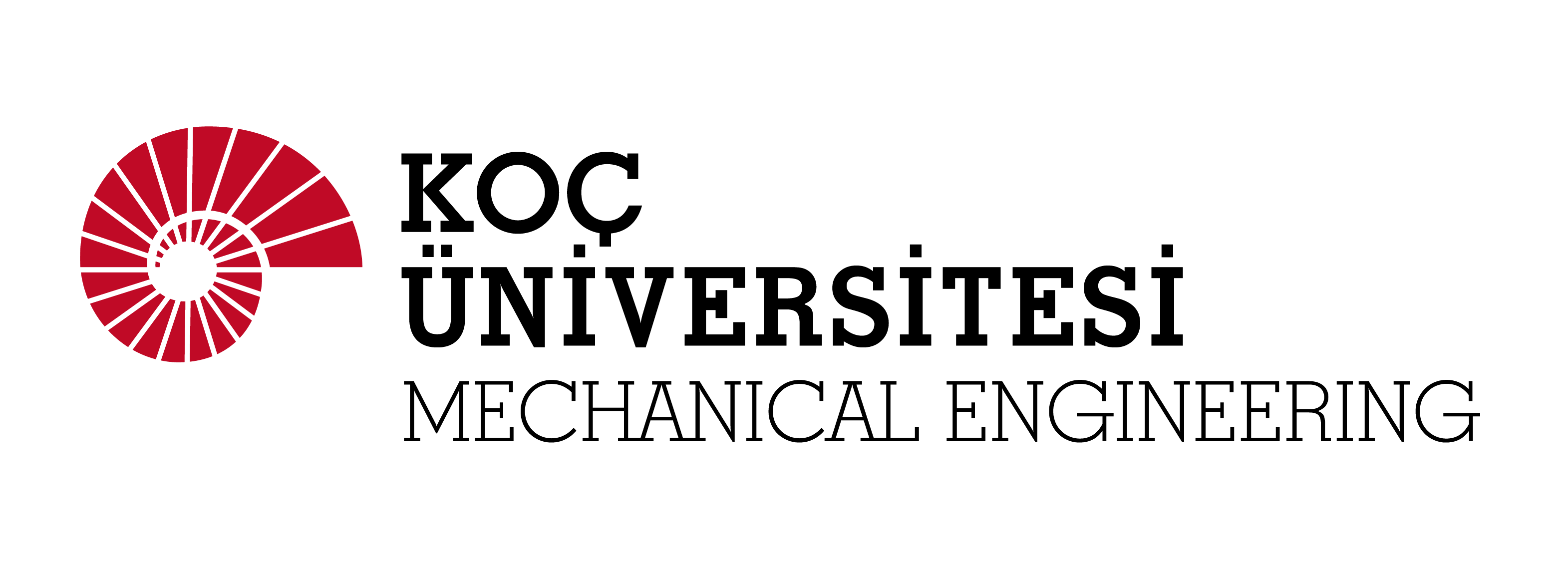MECHANICAL ENGINEERING MS THESIS DEFENSE BY MEHMET CAN ÜNLÜ
Title: A Novel System Design For Lunar Orbital Transfer Vehicle With Hybrid Propulsion Technology
Speaker: Mehmet Can Ünlü
Time: July 27, 2023, 14:00
Place: Hybrid Meeting
Thesis Committee Members:
Assoc. Prof. Arif Karabeyoğlu (Advisor, Koç University)
Prof. Metin Muradoğlu (Koç University)
Prof. Onur Tunçer (Istanbul Technical University)
Abstract:
The need for lunar missions has significantly increased in recent times, primarily due to the Moon being an accessible resource within reach. The Moon attracts attention with its significant elements, and most notably, its water resources. Additionally, it can serve as a crucial launch site for interplanetary transfers. The Moon’s low gravity and lack of atmosphere make launches from its surface much more efficient. To realize these advancements, it is necessary to have a presence of numerous vehicles in lunar orbit and on the surface to deepen research.
The main obstacles to the sustainability of lunar exploration are accessibility and cost. The payload capacities of current launchers for delivering payloads to the lunar orbit are quite limited. Achieving high-capacity access to the lunar transfer orbit requires additional stages. Therefore, orbital transfer vehicles, which have been implemented in Low Earth Orbit applications so far, can be utilized. Although these vehicles address the accessibility issue to some extent, they fail to provide a solution to the cost problem due to their propulsion systems. Propulsion systems used in these vehicles are expensive due to the fuel they consume and their development cost and handling issues. The main objective of this thesis is to examine a system that will pave the way for future lunar exploration missions.
This thesis presents a comprehensive literature review on historical lunar missions and current orbit transfer vehicles. Within the scope of the thesis, an orbit propagator specifically developed for lunar transfer mission planning is introduced. The orbit propagator incorporates a genetic algorithm for mission optimization. Subsequently, tools for hybrid propulsion system sizing and orbit transfer vehicle performance analysis are presented. Finally, a conceptual orbital transfer vehicle is proposed using the developed tools within the thesis.
